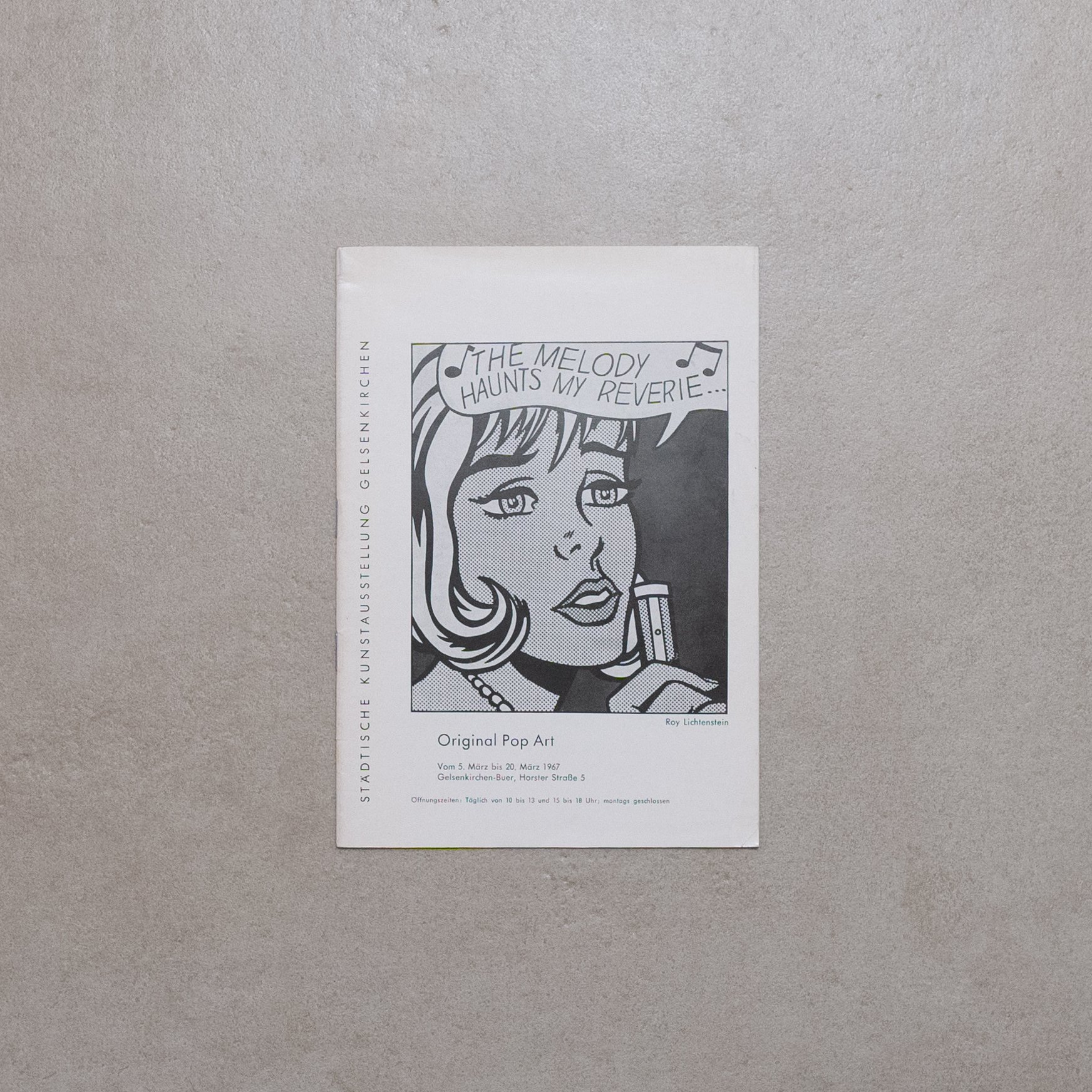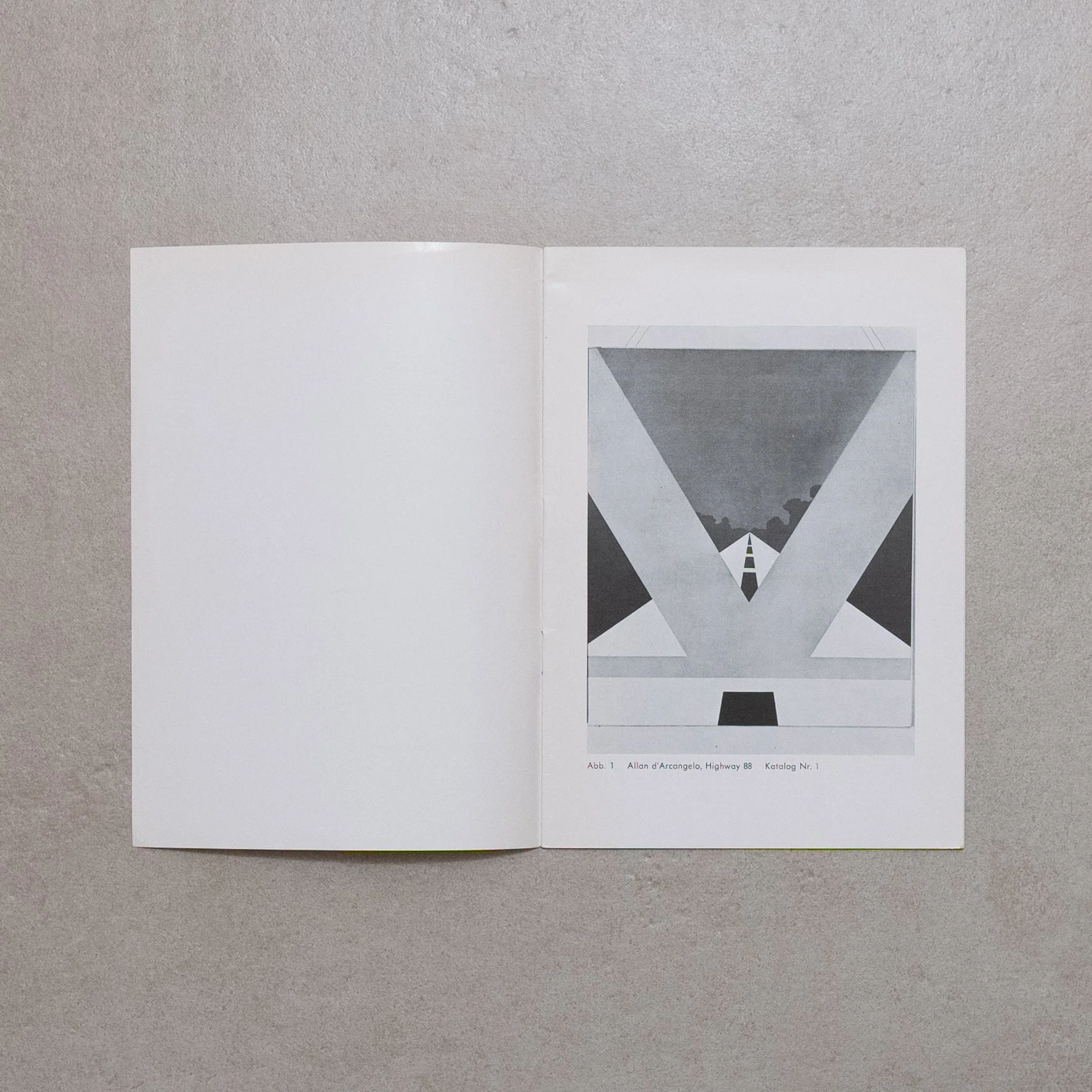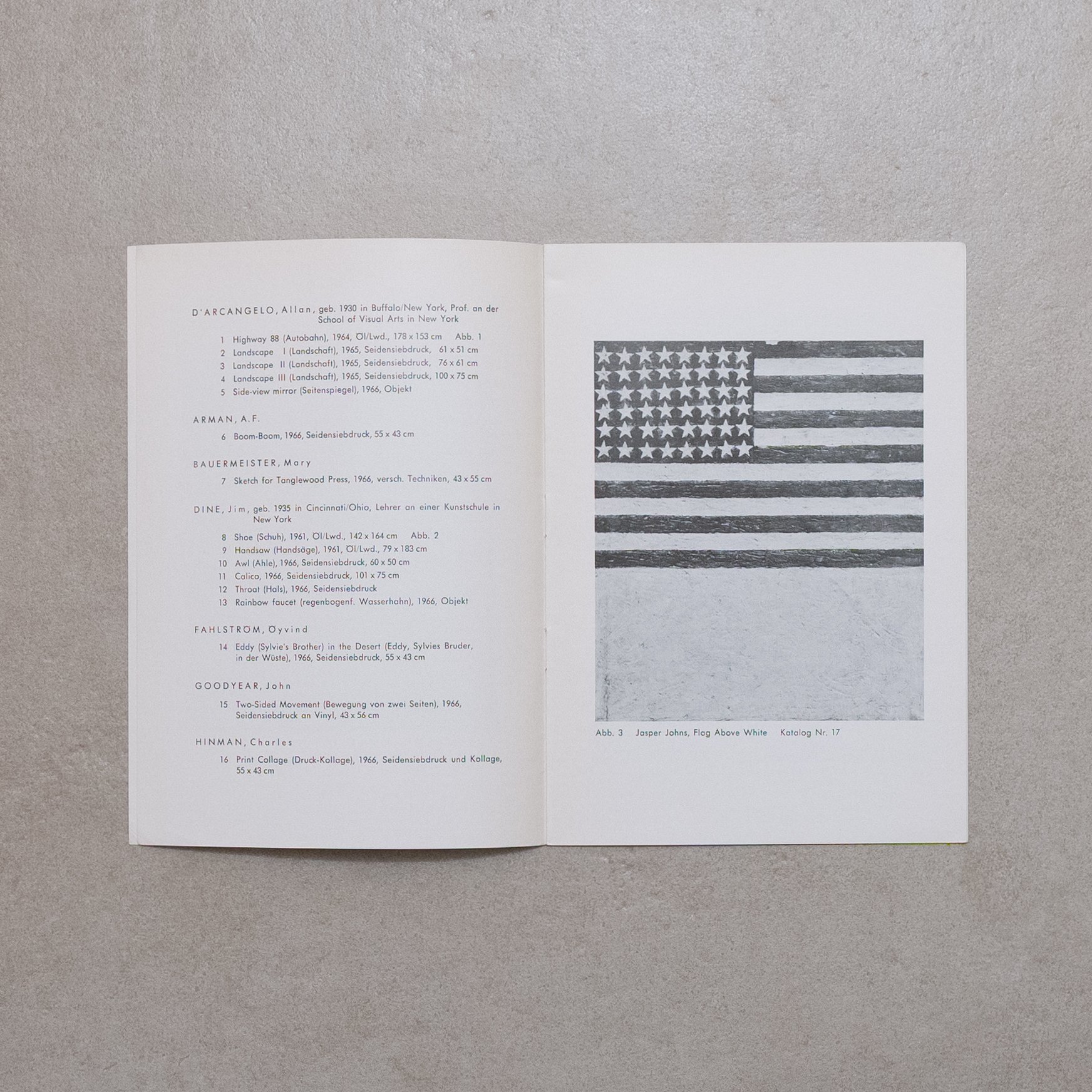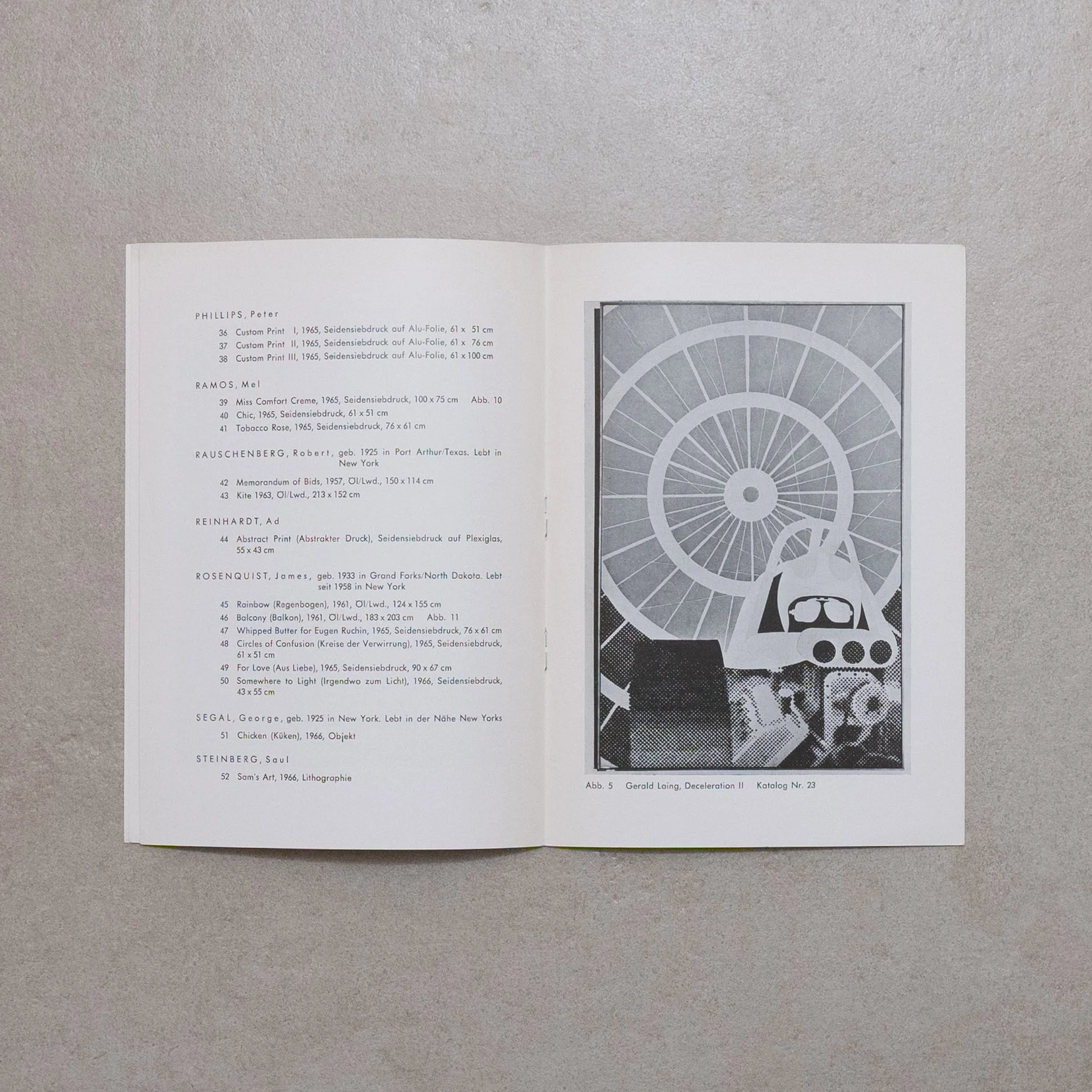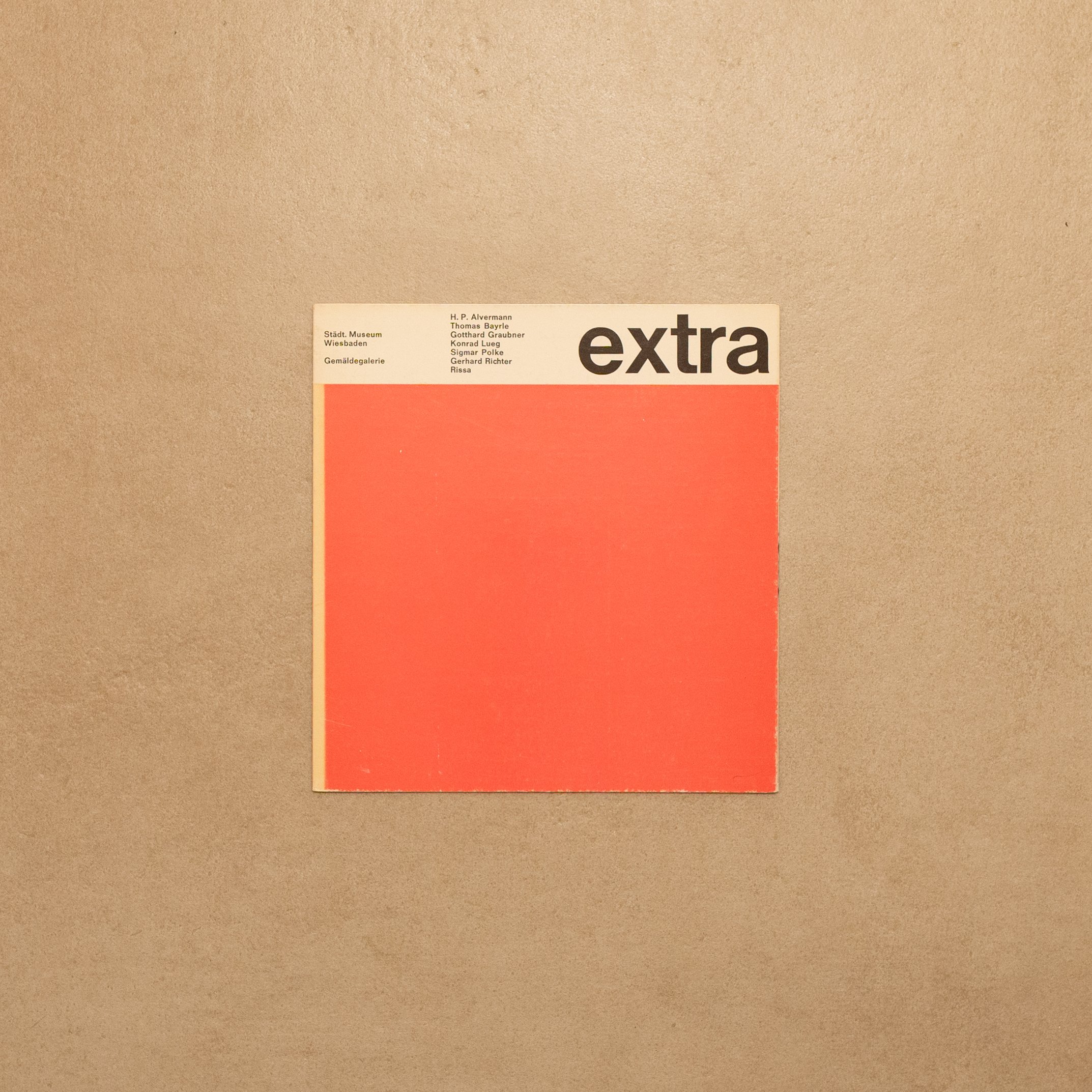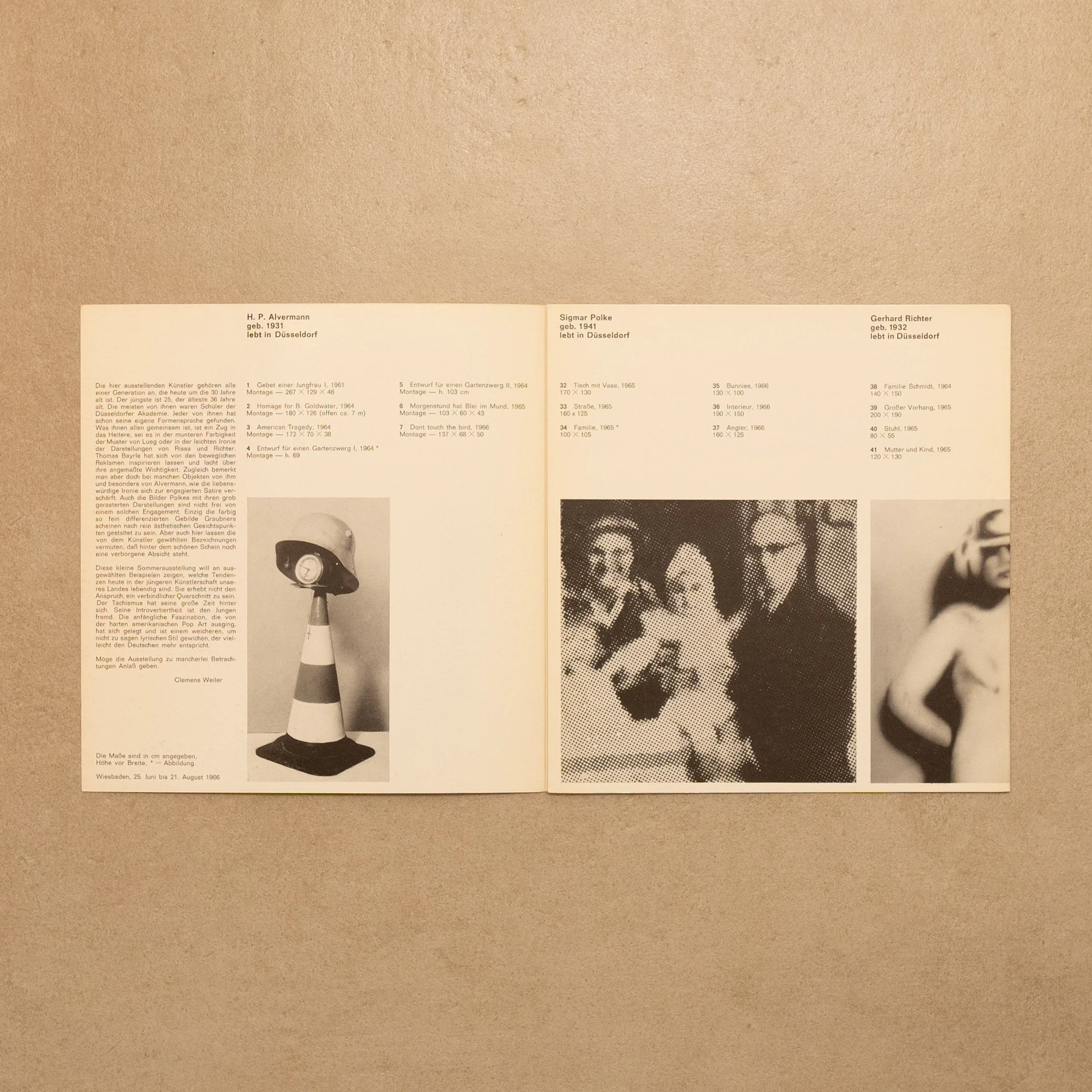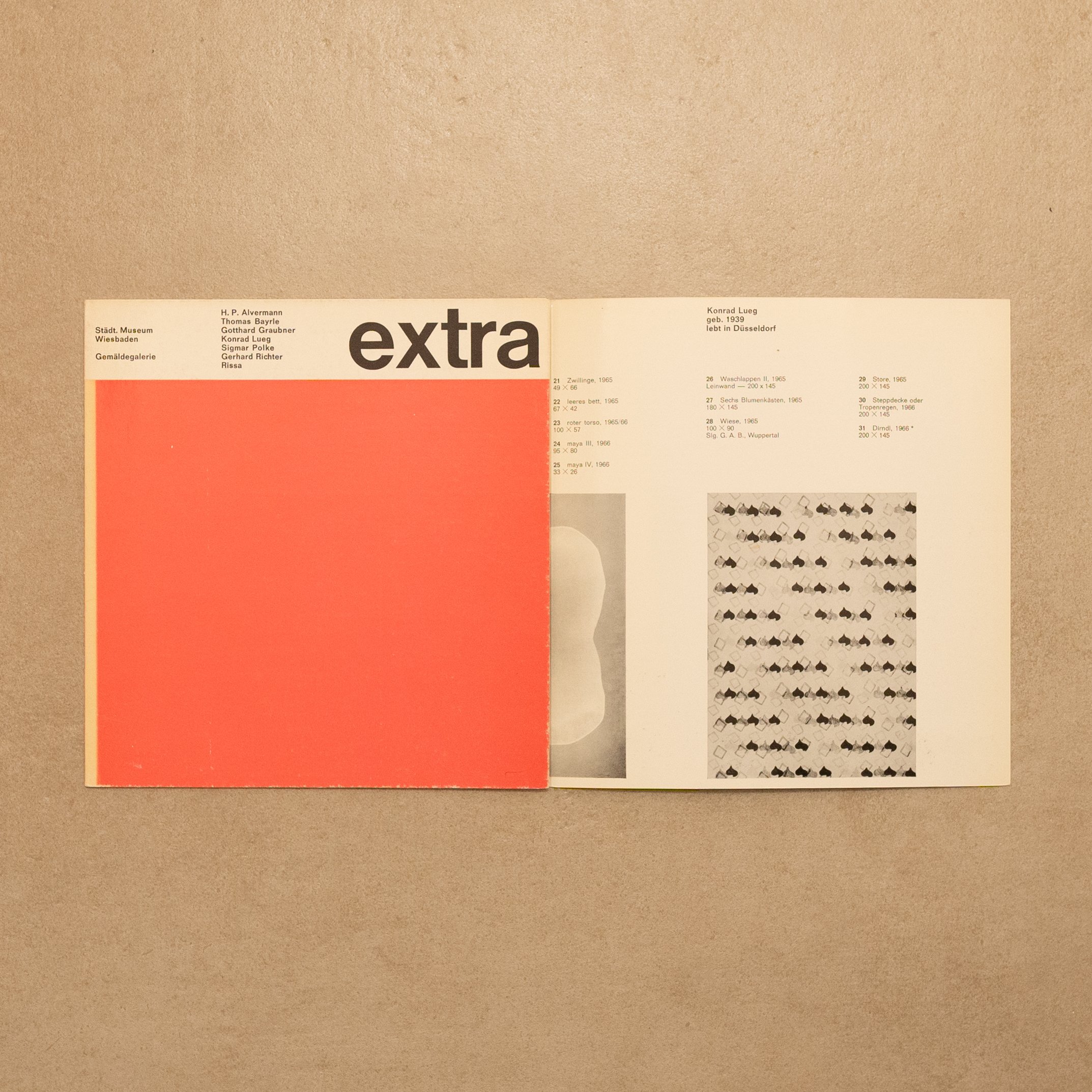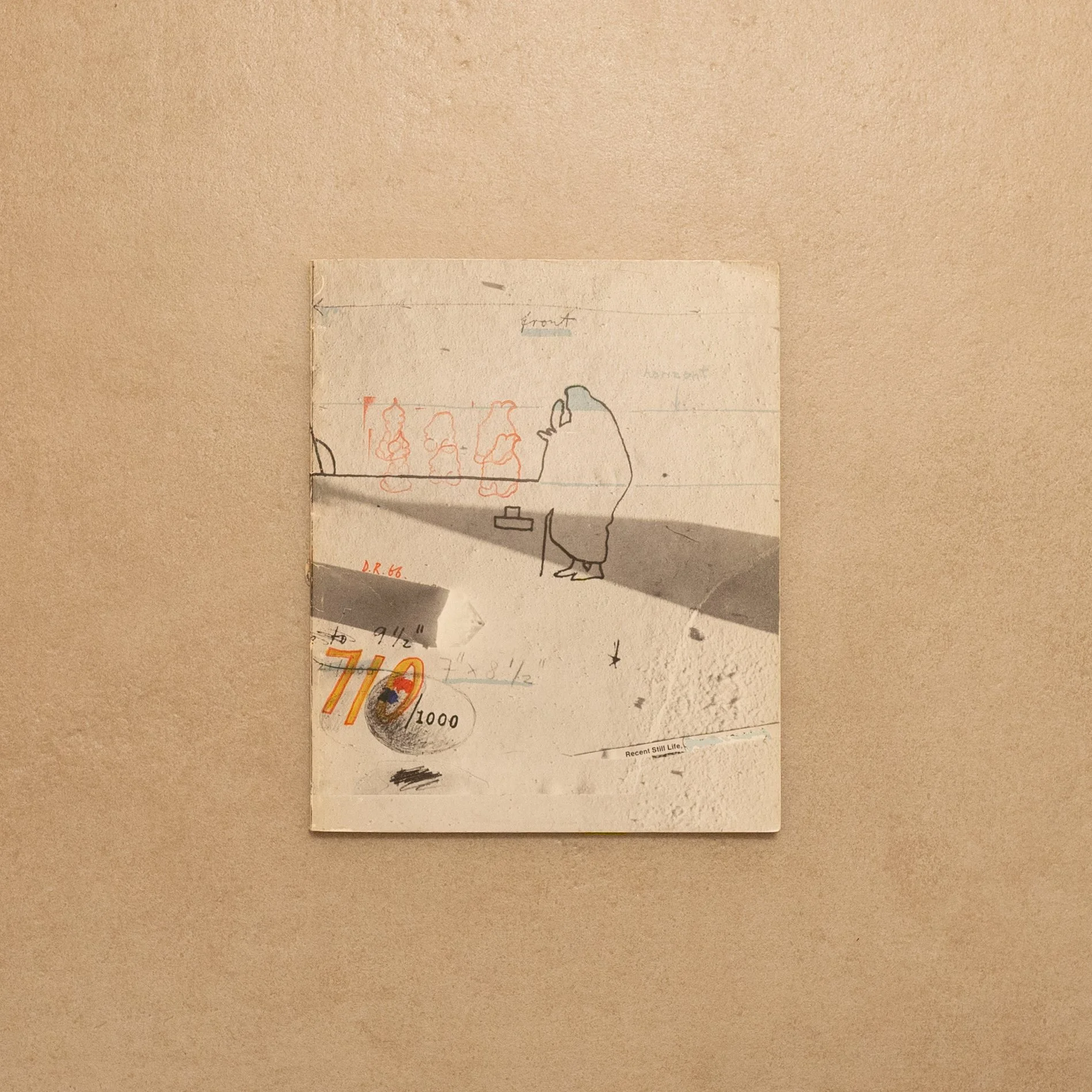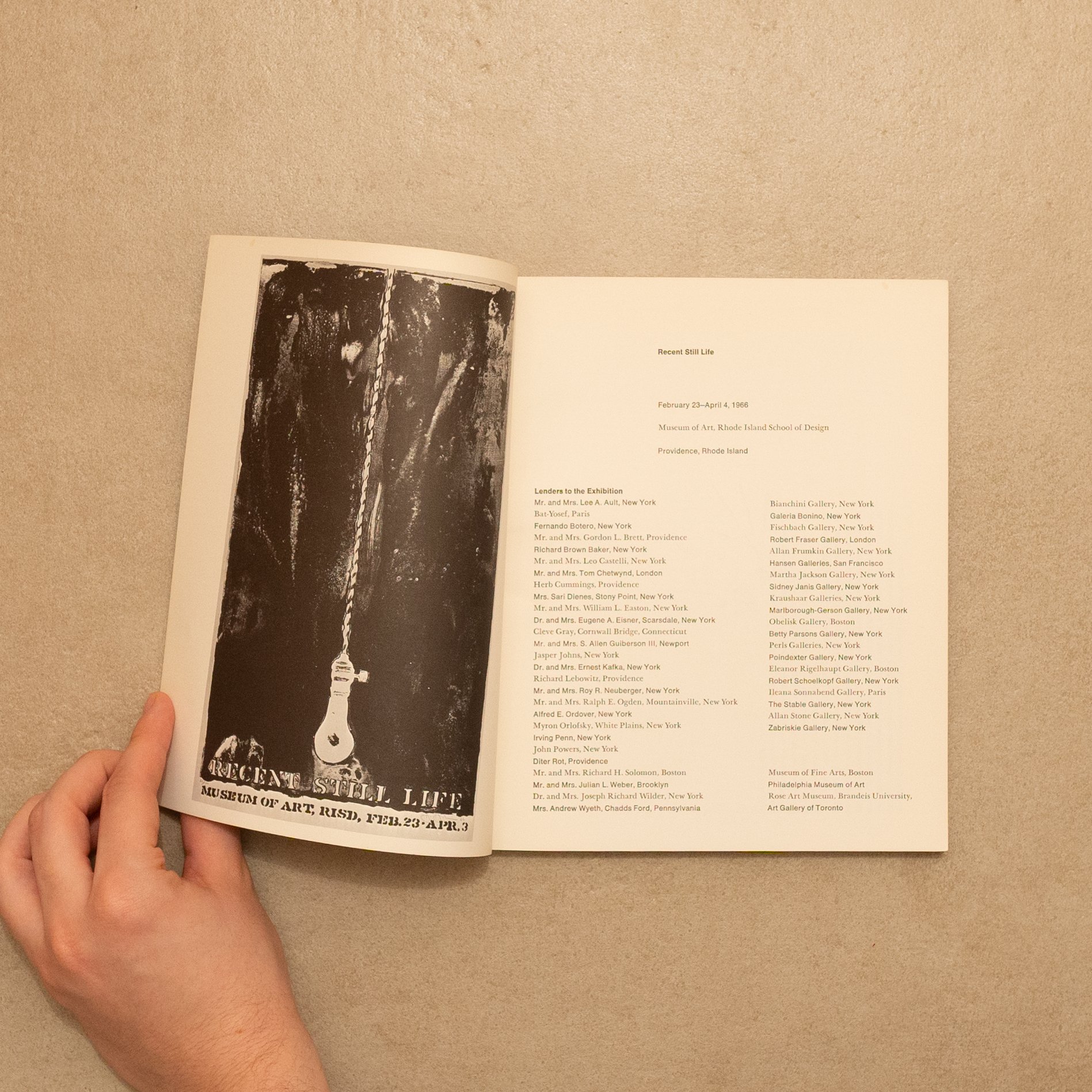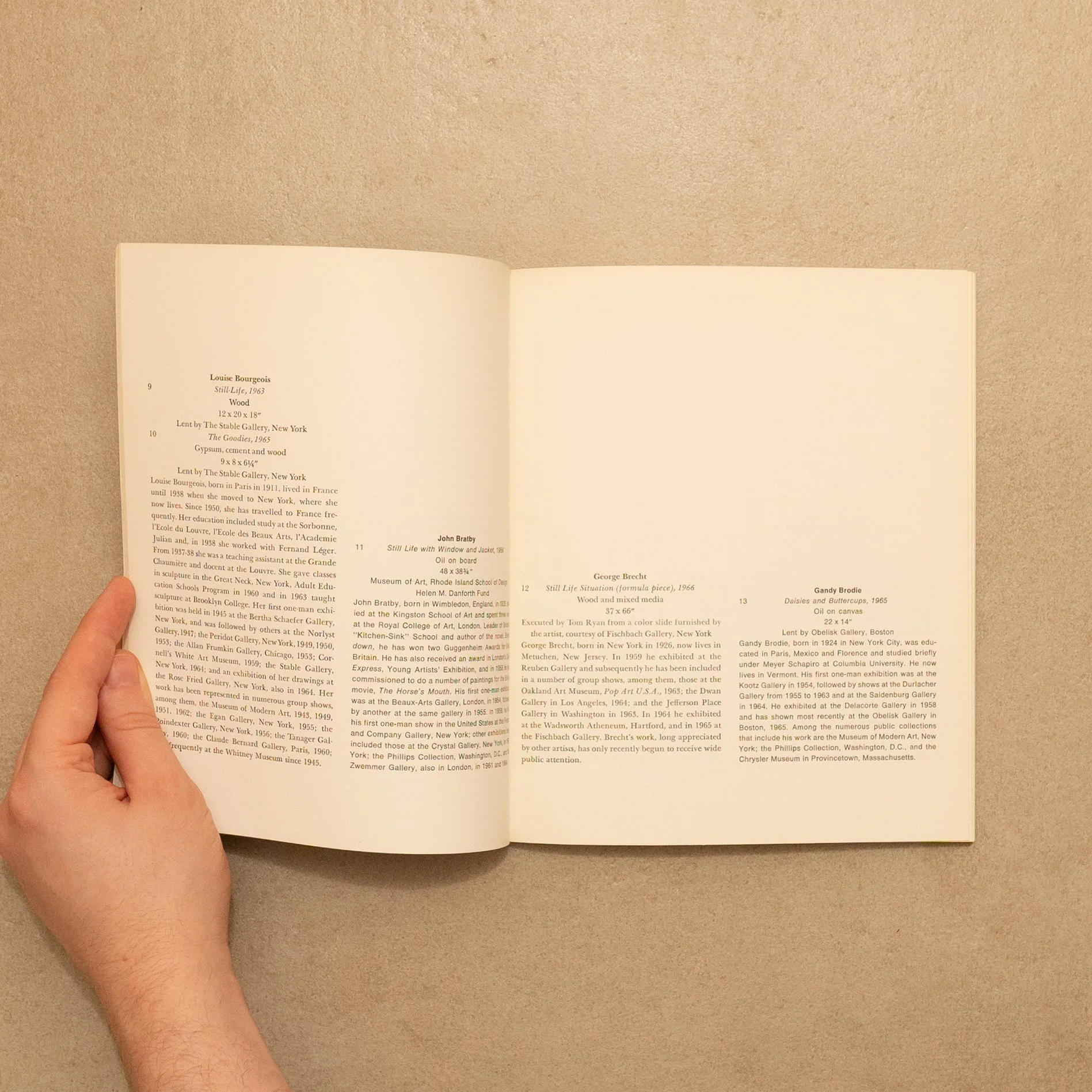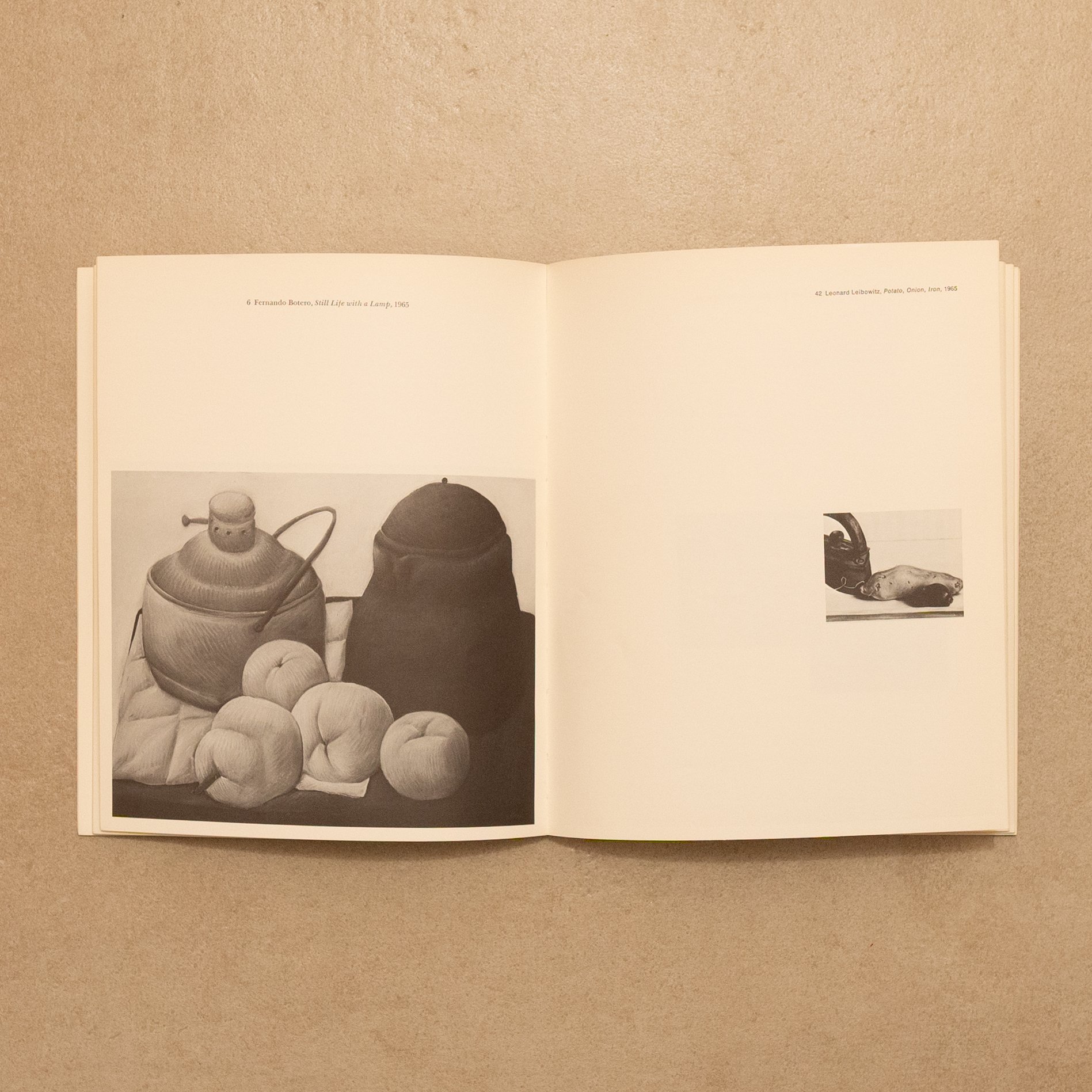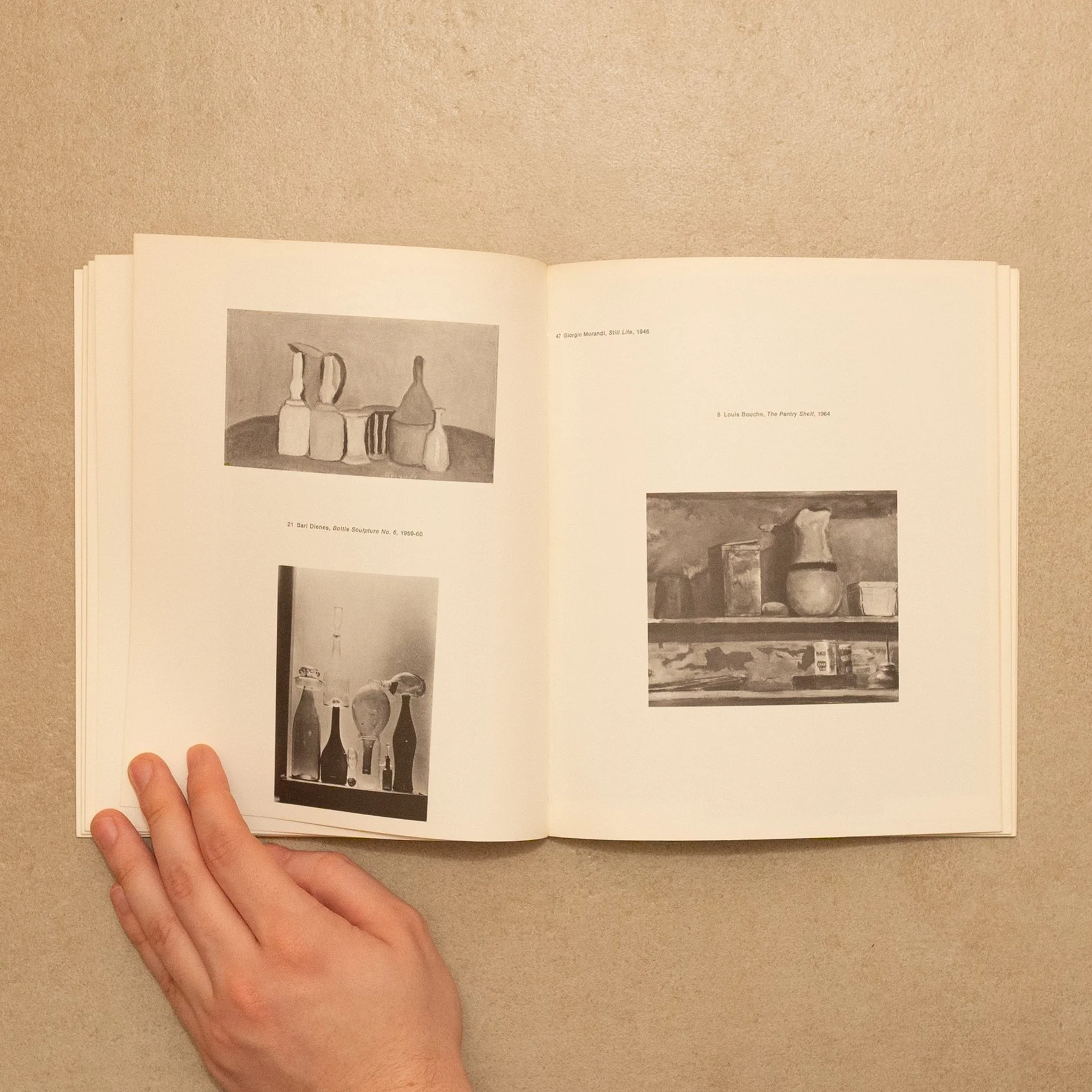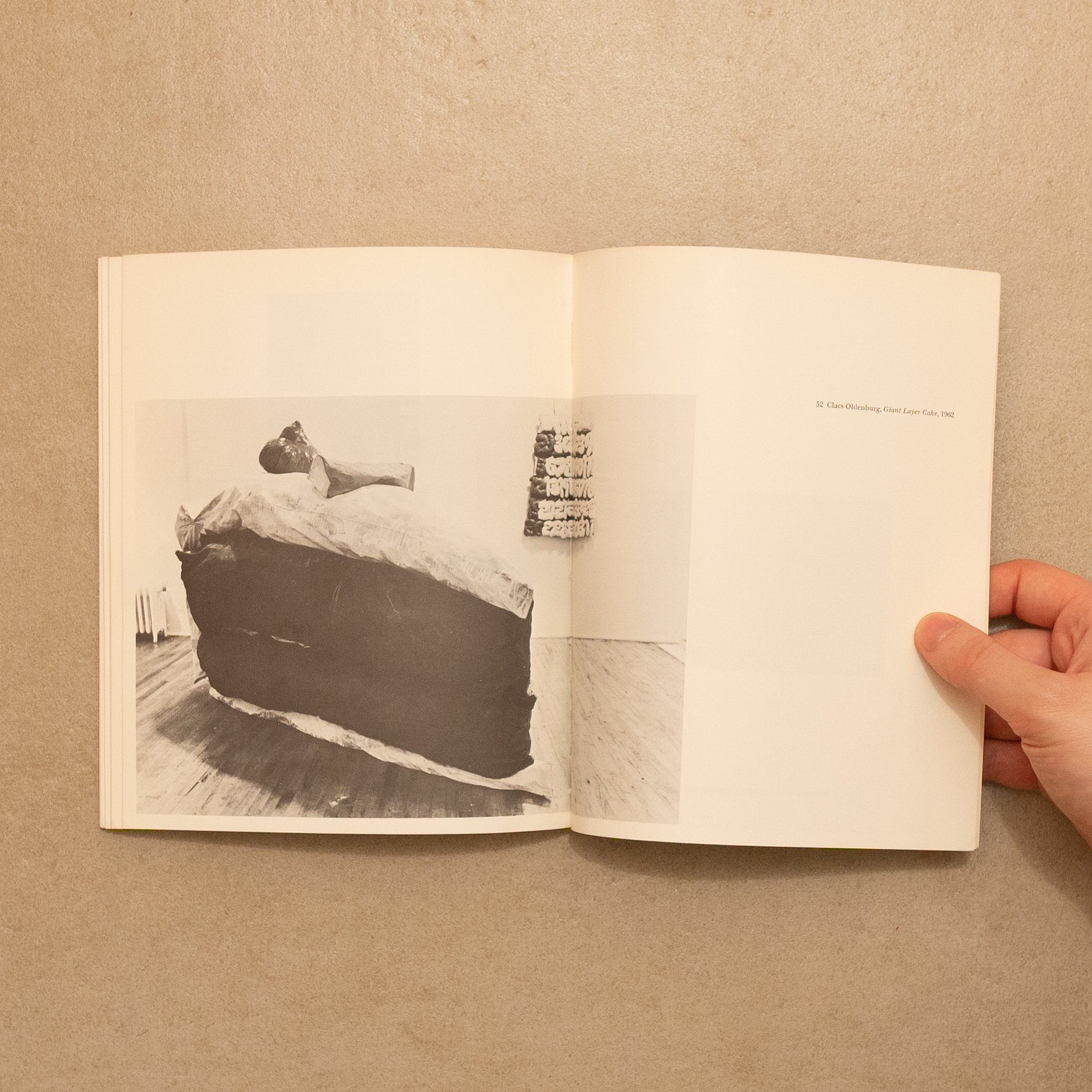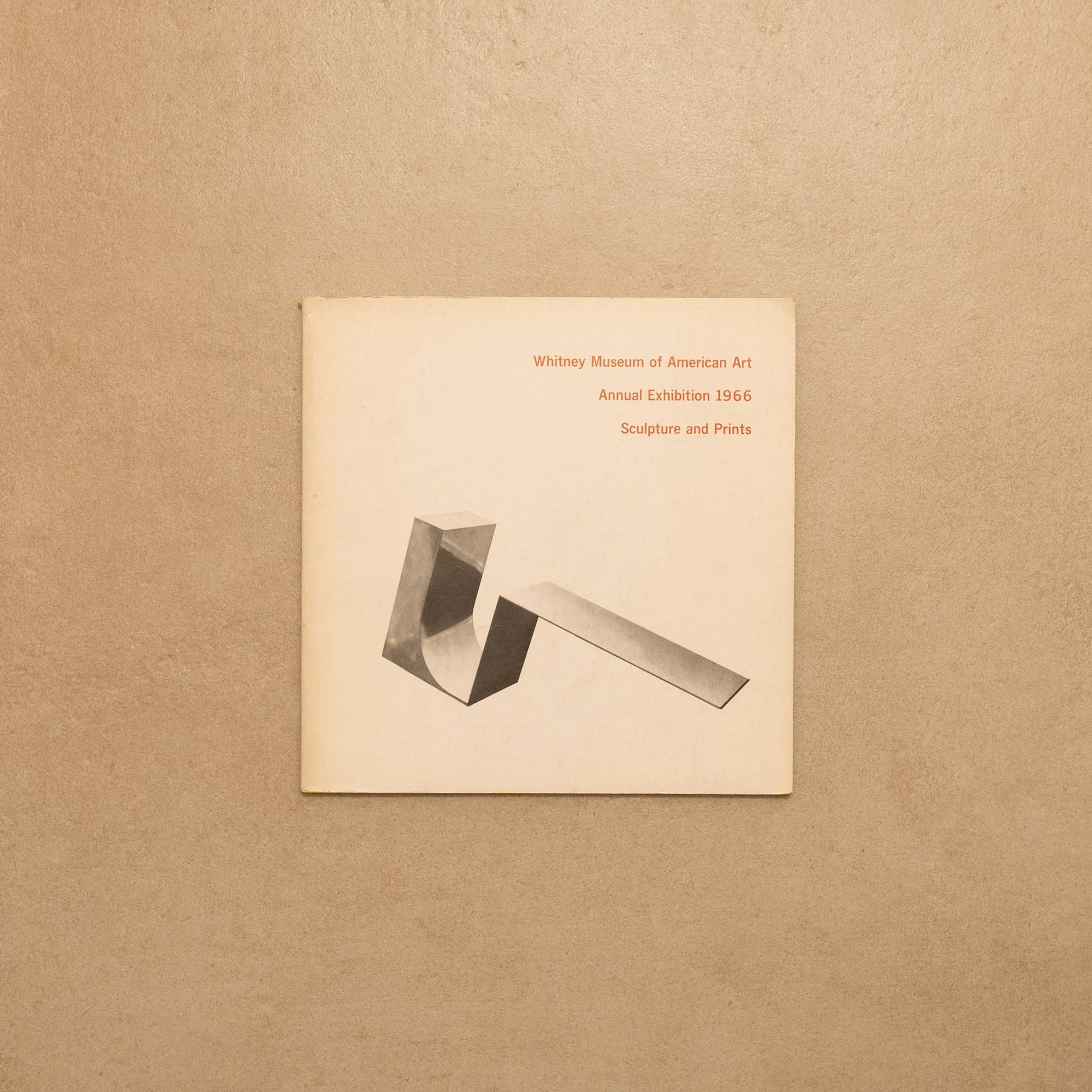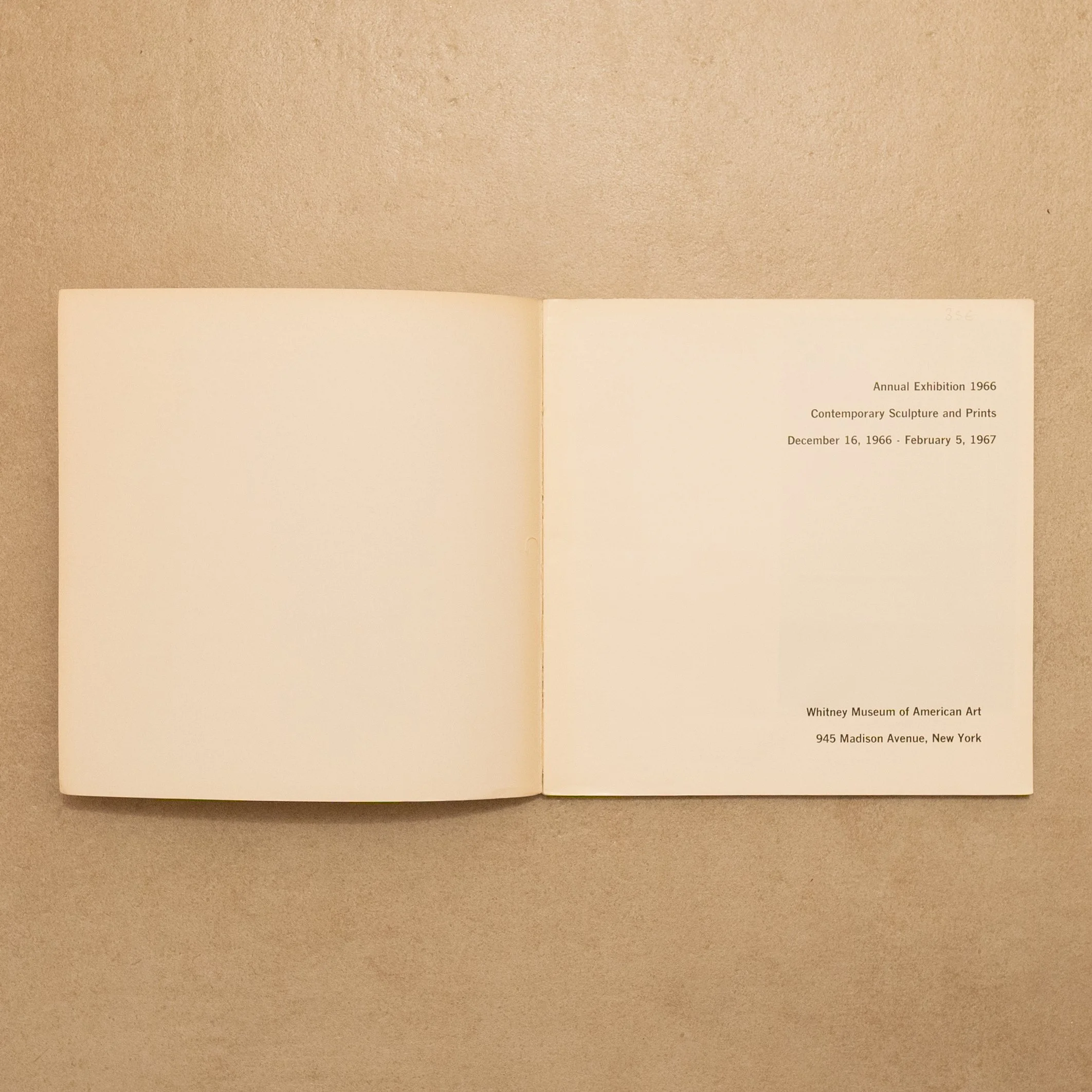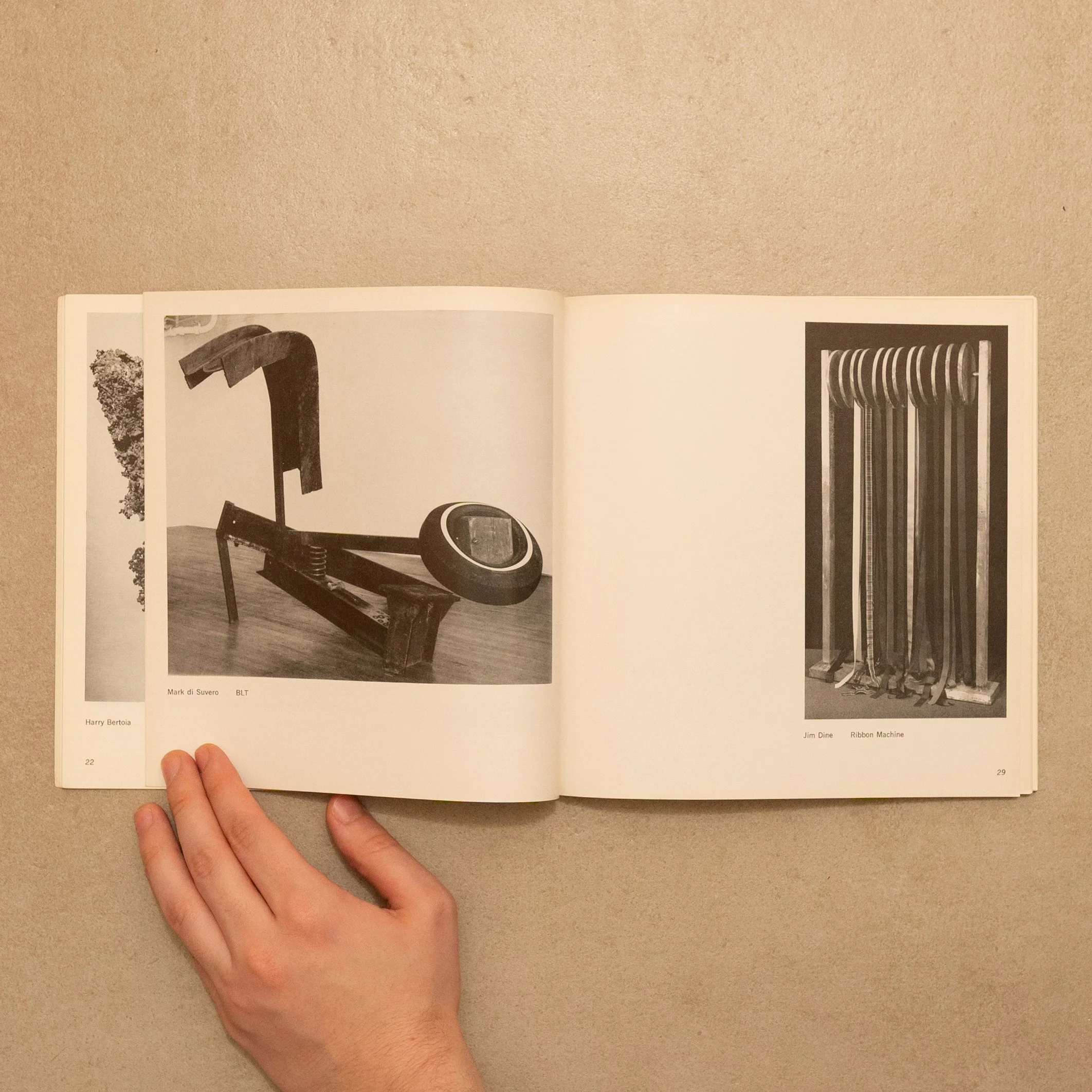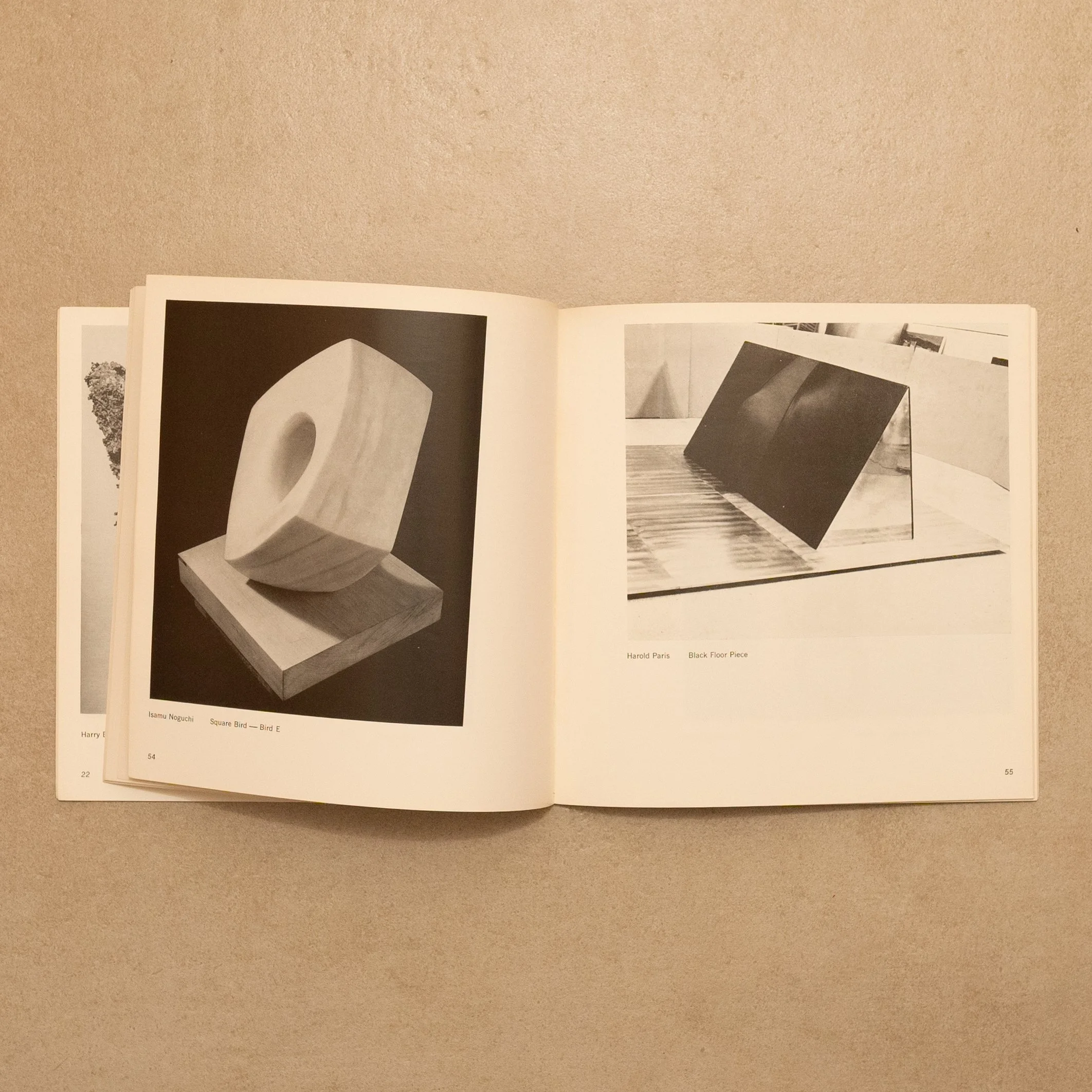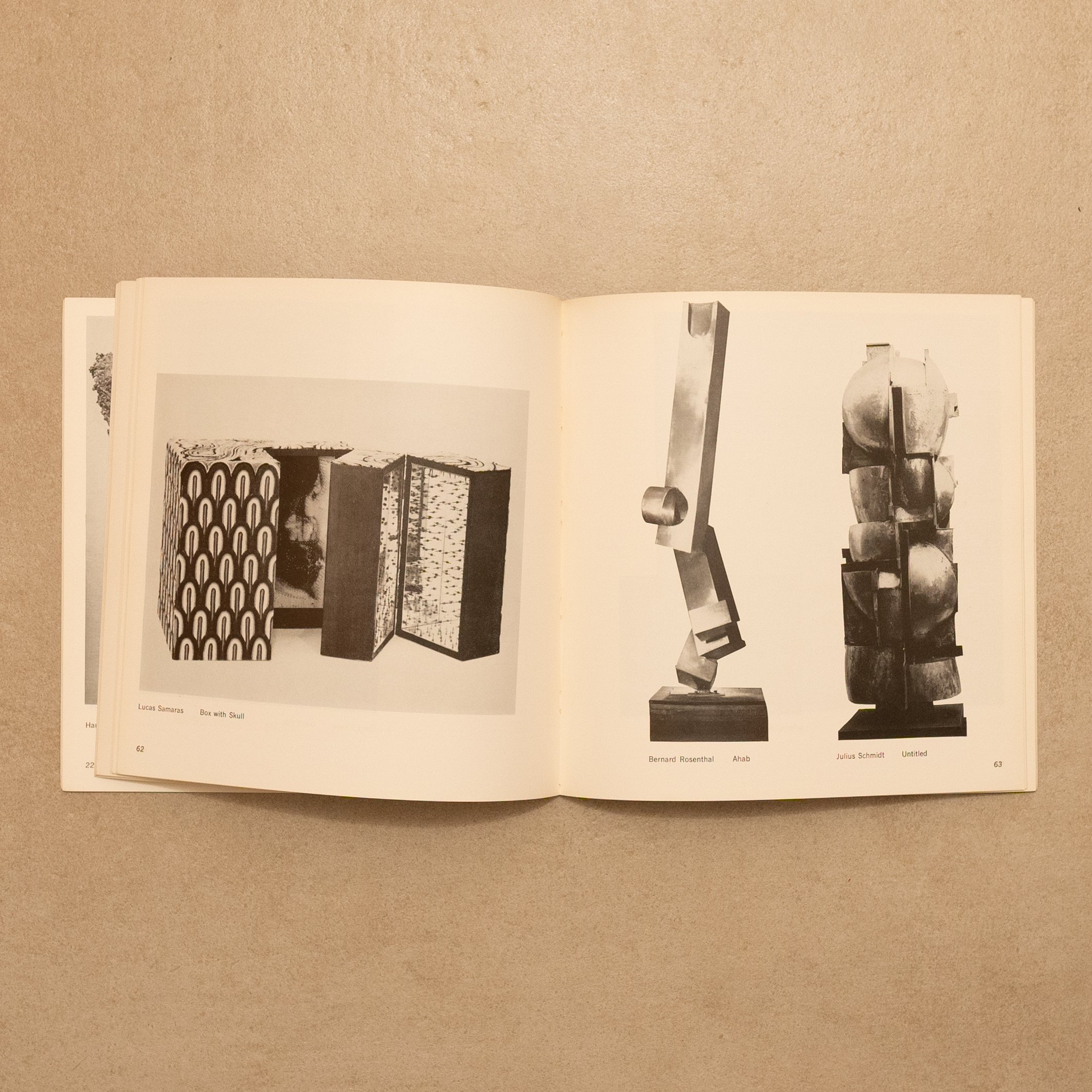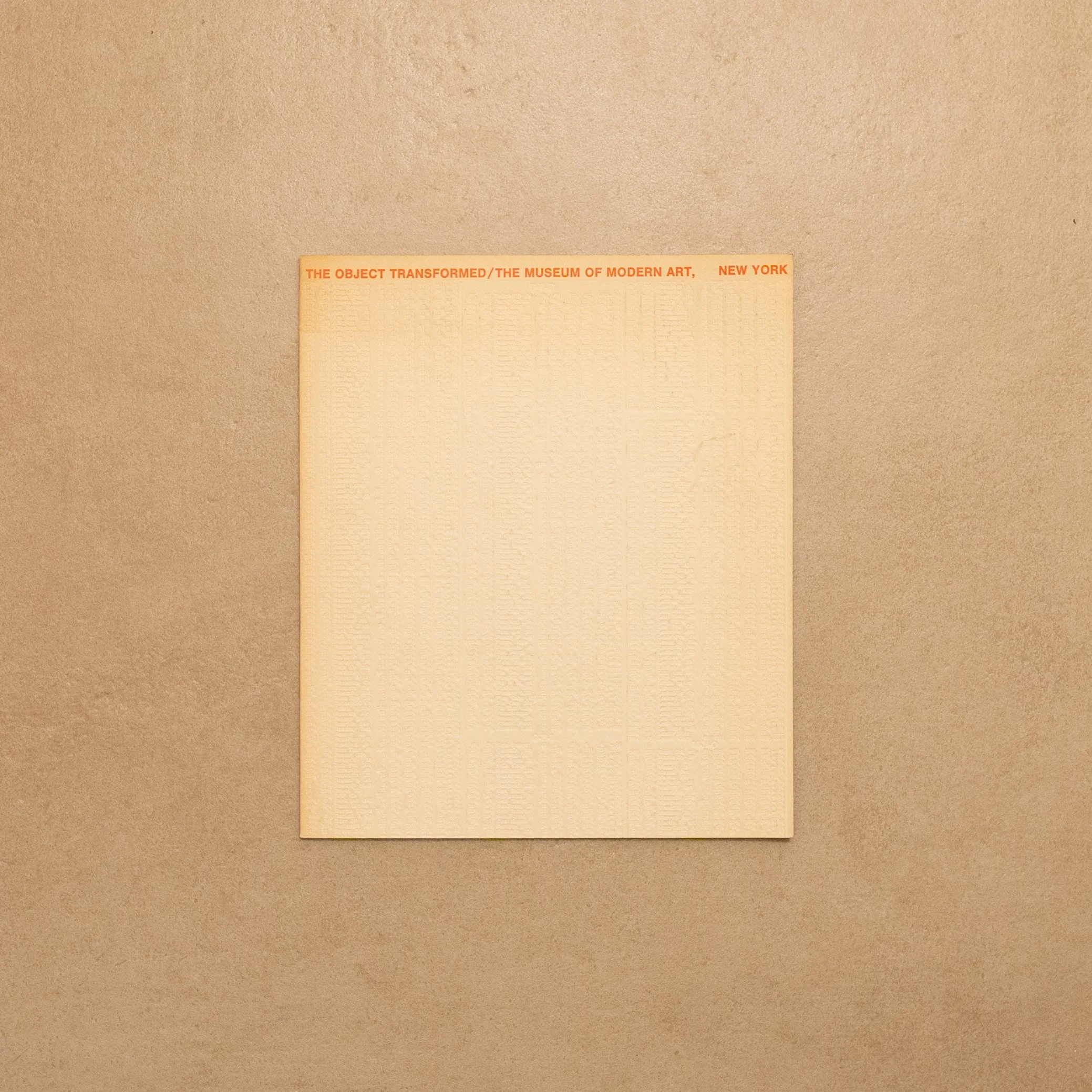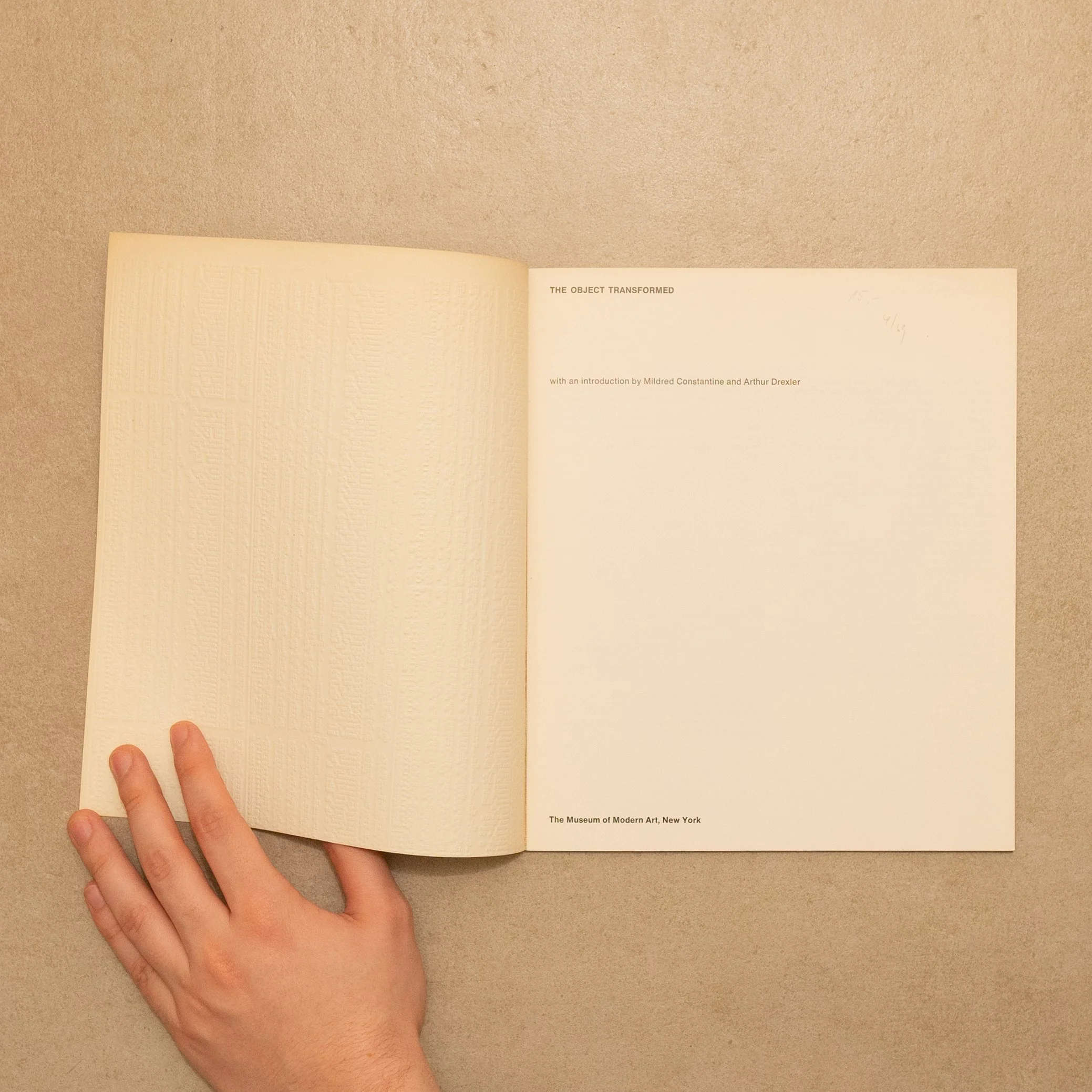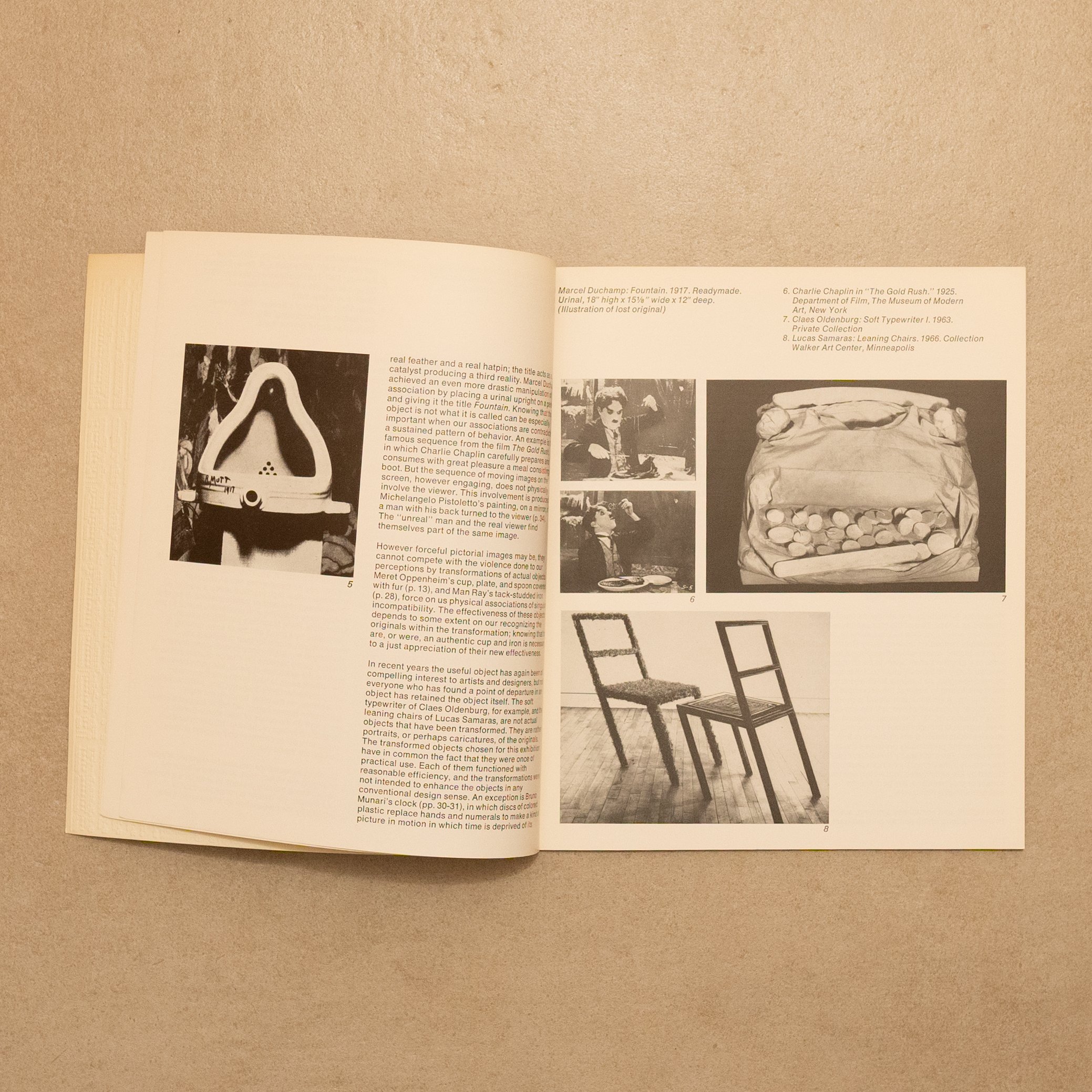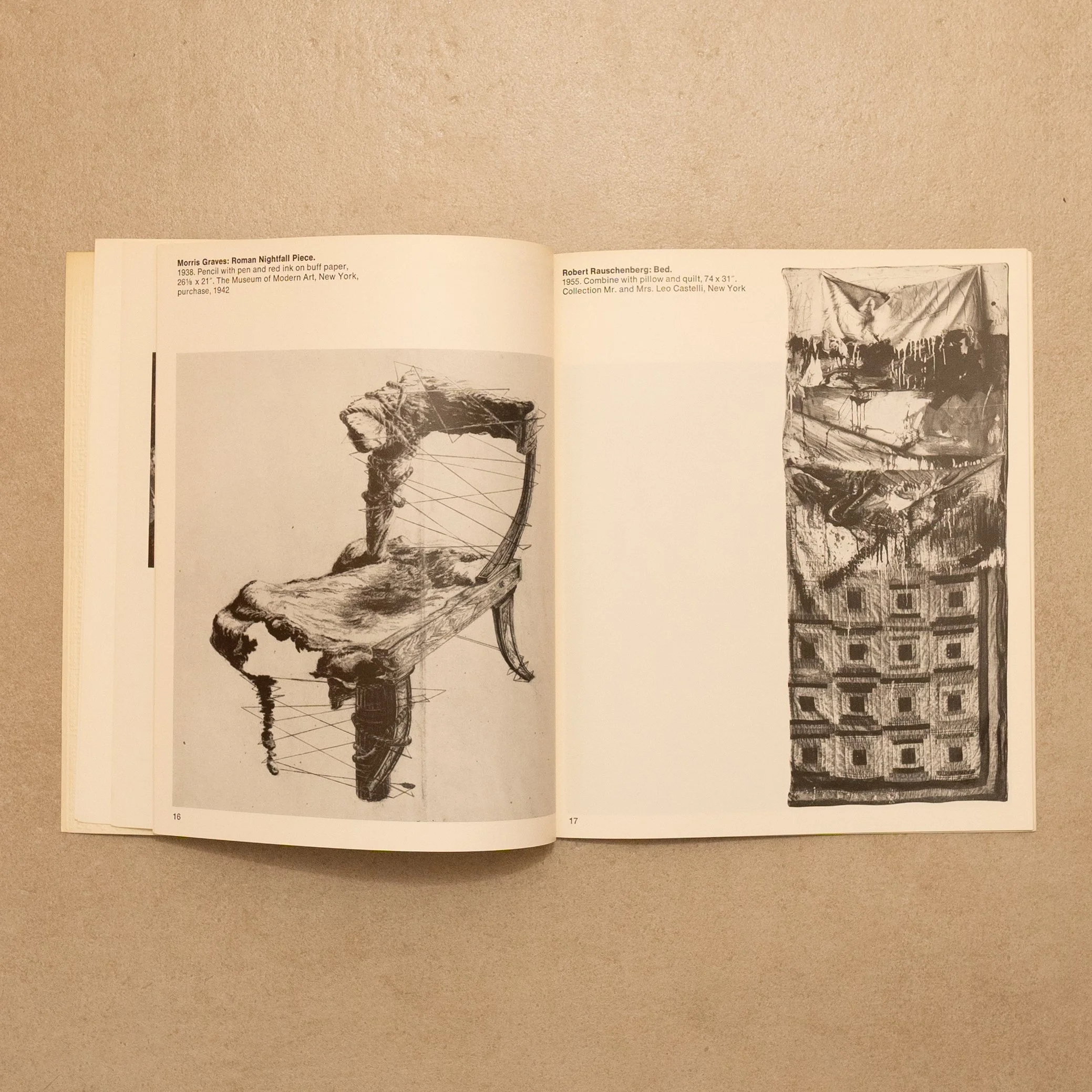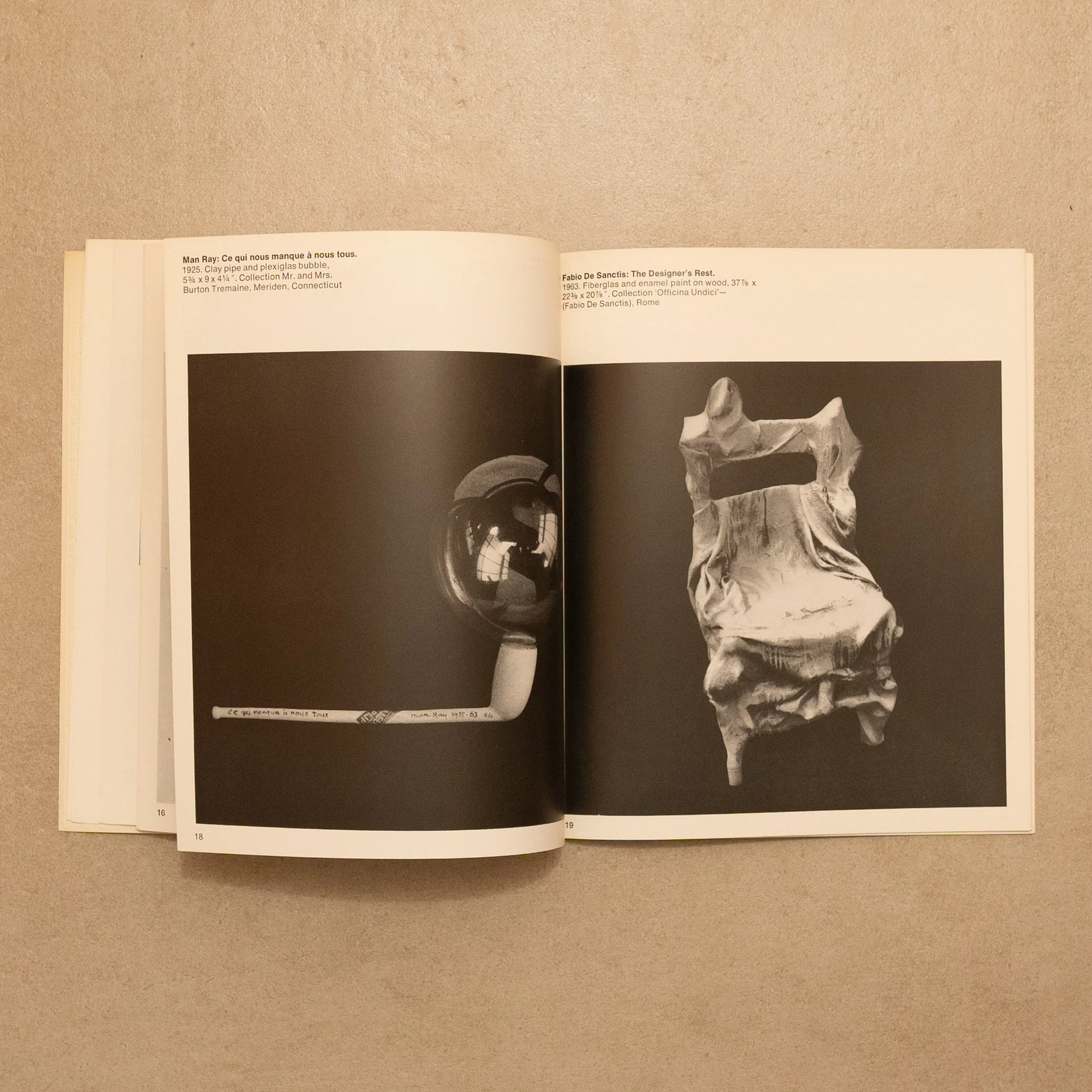KELLEY Mike (Wayne, Michigan, 1954 - South Pasadena, California, 2012), New York, Whitney Museum of American Art, 1993, 24x16,5 cm., softcover, pp. 256, illustrated volume, catalog with tens of photographic images. Mike Kelley selected all the enlargements passages that appear throughout the essays. Texts in English by David Marsh (Mike Kelley And Detroit), Richard Armstrong (In the beginning), Timothy Martin (Janitor in a drum: excerpts from a performance history), Howard Singerman (Charting monkey island with Levi-Strauss and Freud), Colin Gardner (Let it bleed: the sublime and Plato's cave, Rothko's Chapel, Lincoln's Profile), Dennis Cooper & Casey Mckinney (Criminality and other themes in pay for your pleasure), John Miller (The poet as janitor), Ralph Rugoff (Mike Kelley and the power of the pathetic), Kim Gordon (Is It My Body?), Howard N. Fox (Artist in exile), Diedrich Diederichsen, Jutta Koether, & Martin Prinzhorn (How we got to know Mike Kelley), Paul Schimmel (A full-scale model for a dysfunctional institutional hierarchy), John G. Hanhardt (Mike Kelley's puppet show: the postmodern body on video). With a biography and a bibliography of the artist and the list of the works exhibited. Published in conjunction of the exhibition (New York, Whitney Museum of American Art, from November 5, 1993 to February 20, 1994)
KELLEY Mike (Wayne, Michigan, 1954 - South Pasadena, California, 2012), New York, Whitney Museum of American Art, 1993, 24x16,5 cm., softcover, pp. 256, illustrated volume, catalog with tens of photographic images. Mike Kelley selected all the enlargements passages that appear throughout the essays. Texts in English by David Marsh (Mike Kelley And Detroit), Richard Armstrong (In the beginning), Timothy Martin (Janitor in a drum: excerpts from a performance history), Howard Singerman (Charting monkey island with Levi-Strauss and Freud), Colin Gardner (Let it bleed: the sublime and Plato's cave, Rothko's Chapel, Lincoln's Profile), Dennis Cooper & Casey Mckinney (Criminality and other themes in pay for your pleasure), John Miller (The poet as janitor), Ralph Rugoff (Mike Kelley and the power of the pathetic), Kim Gordon (Is It My Body?), Howard N. Fox (Artist in exile), Diedrich Diederichsen, Jutta Koether, & Martin Prinzhorn (How we got to know Mike Kelley), Paul Schimmel (A full-scale model for a dysfunctional institutional hierarchy), John G. Hanhardt (Mike Kelley's puppet show: the postmodern body on video). With a biography and a bibliography of the artist and the list of the works exhibited. Published in conjunction of the exhibition (New York, Whitney Museum of American Art, from November 5, 1993 to February 20, 1994)









